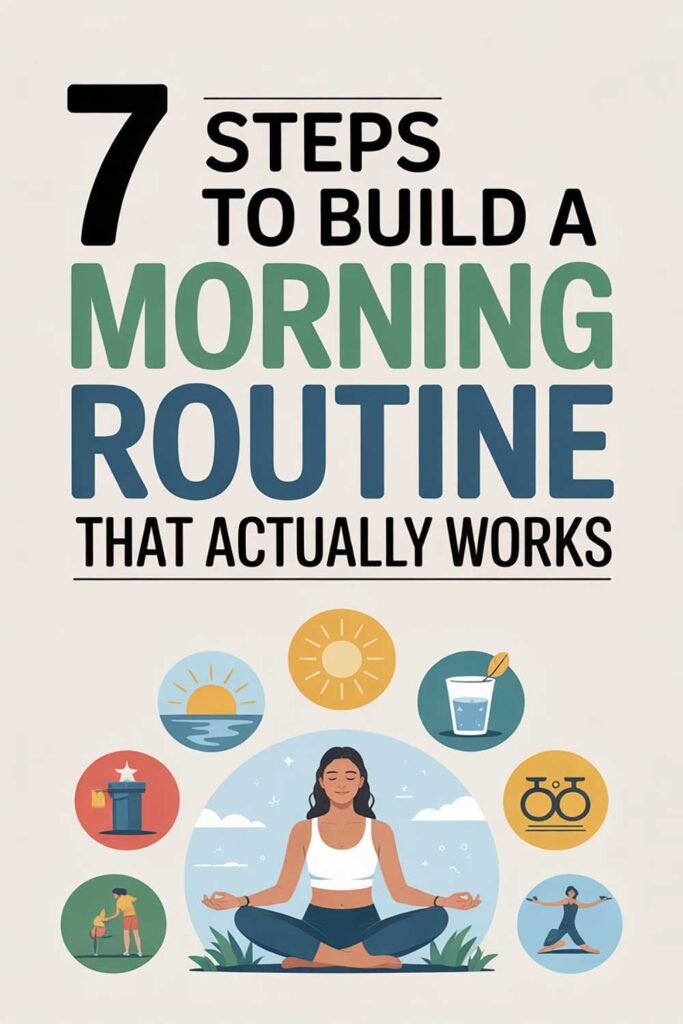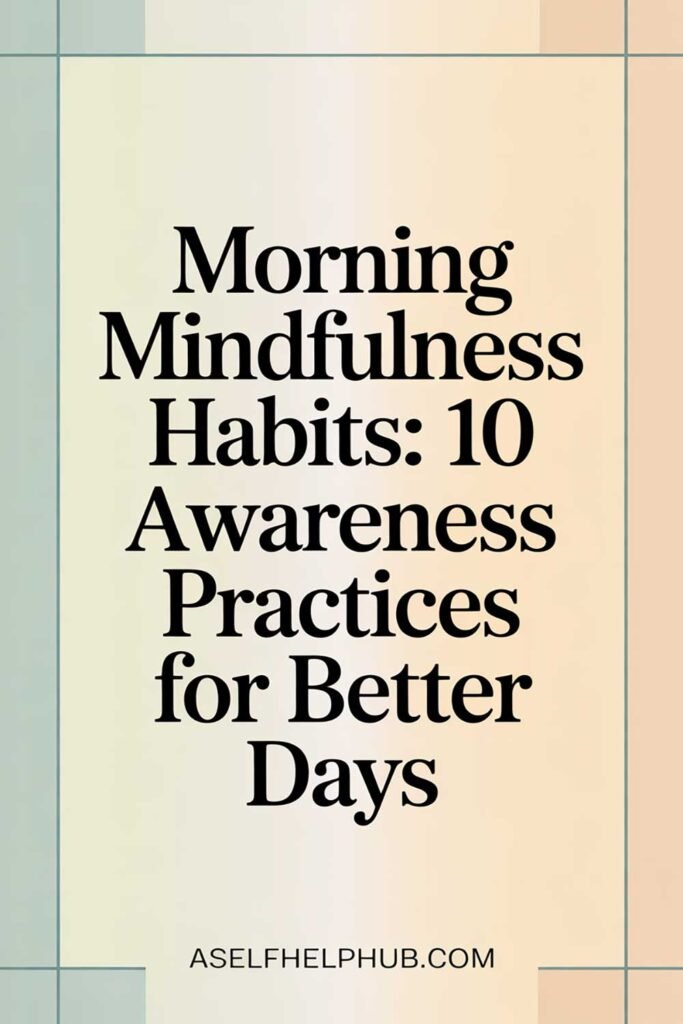7 Things to Do Before You Start Investing
Investing is one of the most powerful tools for building wealth and securing your financial future. But diving in without preparation can lead to costly mistakes, confusion, and frustration. Before you buy your first stock, mutual fund, or piece of real estate, it’s crucial to set a solid financial foundation.

The truth is: smart investing starts before you invest. By preparing the right way, you’ll maximize your gains, reduce your risks, and make investing feel empowering—not overwhelming.
Here are 7 critical things to do before you start investing, with real-life examples that show why each step matters.
1. Build a Solid Emergency Fund
Before you risk money in the market, make sure you’re protected from life’s surprises. An emergency fund acts as a financial safety net, so you won’t have to sell investments in a crisis.
Real-Life Example:
After losing her job unexpectedly, Rachel was thankful for the $5,000 emergency fund she built. It covered three months of rent and allowed her to job hunt without panic.
Action Tip:
Aim to save 3–6 months’ worth of essential expenses in a high-yield savings account.
2. Eliminate High-Interest Debt
Paying off debt with high interest rates (like credit cards) offers a guaranteed return on your money—better than most investments.
Real-Life Example:
James was tempted to invest in crypto but was carrying $8,000 in credit card debt at 24% interest. After paying it off first, he freed up $400/month to begin investing.
Action Tip:
Use the debt avalanche or snowball method to knock out high-interest balances.
3. Understand Your Financial Goals
Your investment choices should align with your goals—whether it’s retirement, buying a home, or starting a business.
Real-Life Example:
Amanda realized she wanted to buy a home in five years. Instead of locking all her money in long-term stocks, she chose a balanced fund that offered moderate growth and lower volatility.
Action Tip:
Write down your short-, medium-, and long-term goals. Match your investments accordingly.
4. Know Your Risk Tolerance
Everyone reacts differently to market ups and downs. Understanding your comfort with risk helps you choose the right assets.
Real-Life Example:
Liam panicked and sold his investments during a market dip. After taking a risk tolerance quiz and consulting a financial advisor, he shifted to a more conservative portfolio he could stick with.
Action Tip:
Take a free risk tolerance quiz or speak with a certified financial planner (CFP).
5. Learn the Basics of Investing
Before investing, you should understand key concepts like diversification, compound interest, index funds, and the difference between stocks and bonds.
Real-Life Example:
Sophia read three beginner investing books in one month. She felt confident enough to open her first Roth IRA and invest in ETFs.
Action Tip:
Commit to reading one book or watching a video series on investing fundamentals.
6. Choose the Right Investment Account
Where you invest can be just as important as what you invest in. Tax-advantaged accounts can help your money grow faster.
Real-Life Example:
Ben opened a Roth IRA and invested in a low-fee index fund. His gains will grow tax-free—and he’ll pay zero taxes on withdrawals in retirement.
Action Tip:
Explore options like a Roth IRA, traditional IRA, 401(k), or brokerage account.
7. Start With a Budget You Can Afford
Only invest what you can afford to lose in the short term. Markets fluctuate, so you need to be financially and emotionally ready.
Real-Life Example:
Nina set up automatic investments of $100/month. She never missed it from her budget, and her confidence grew along with her account.
Action Tip:
Start small. Even $25–$50 a month adds up over time, especially with compound growth.
🌟 20 Quotes About Investing and Financial Readiness
- “The best investment you can make is in yourself.” – Warren Buffett
- “An investment in knowledge pays the best interest.” – Benjamin Franklin
- “The stock market is a device for transferring money from the impatient to the patient.” – Warren Buffett
- “Before you invest in stocks, invest in understanding.” – Unknown
- “Do not save what is left after spending, but spend what is left after saving.” – Warren Buffett
- “Start where you are. Use what you have. Do what you can.” – Arthur Ashe
- “It’s not timing the market. It’s time in the market.” – Unknown
- “Risk comes from not knowing what you’re doing.” – Warren Buffett
- “Discipline is more important than motivation when it comes to wealth.” – Unknown
- “Plan your investments, then invest in your plan.” – Unknown
- “The goal is to make money while you sleep.” – Unknown
- “Compound interest is the eighth wonder of the world.” – Albert Einstein
- “Success is the sum of small efforts repeated day in and day out.” – Robert Collier
- “Don’t wait. The time will never be just right.” – Napoleon Hill
- “Every dollar you invest today buys freedom tomorrow.” – Unknown
- “Invest in your future. It’s the best return you’ll ever get.” – Unknown
- “The biggest risk is not taking any risk.” – Mark Zuckerberg
- “Money is a terrible master but an excellent servant.” – P.T. Barnum
- “Make your money work as hard as you do.” – Unknown
- “The journey to wealth begins with a single invested dollar.” – Unknown
💭 Picture This
Picture yourself checking your investment account a year from now. It’s grown steadily. You didn’t panic, because you knew your goals, had an emergency fund, and learned how it all worked before jumping in. You feel confident—not because you timed the market, but because you laid the groundwork.
This isn’t luck. It’s preparation. And it’s what sets smart investors apart from overwhelmed beginners.
What can you start doing today to prepare for your financial future?
📬 Share This Article
If this article helped you feel more prepared to invest, share it with someone who might be ready to start their journey. You could be the reason they take that powerful first step.
⚠️ Disclaimer
This article is for informational purposes only, based on real-life experience and public investing knowledge. It is not intended as financial advice. Always consult a certified financial planner (CFP) or licensed professional before making investment decisions.






